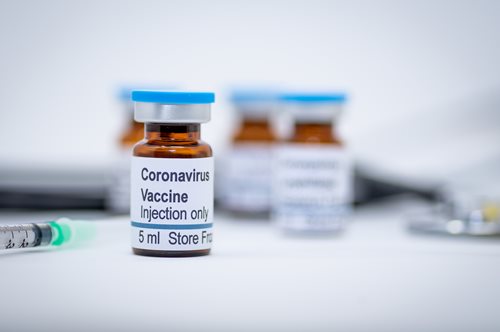European Commission identifies 10 ‘promising’ COVID treatments
 Biologics/ biosimilars/ vaccinesBiotechnologyClinical TrialsEuropePharmaceuticalsQuality Assurance and ControlRegulatory Intelligence/Policy
Biologics/ biosimilars/ vaccinesBiotechnologyClinical TrialsEuropePharmaceuticalsQuality Assurance and ControlRegulatory Intelligence/Policy Biologics/ biosimilars/ vaccinesBiotechnologyClinical TrialsEuropePharmaceuticalsQuality Assurance and ControlRegulatory Intelligence/Policy
Biologics/ biosimilars/ vaccinesBiotechnologyClinical TrialsEuropePharmaceuticalsQuality Assurance and ControlRegulatory Intelligence/Policy